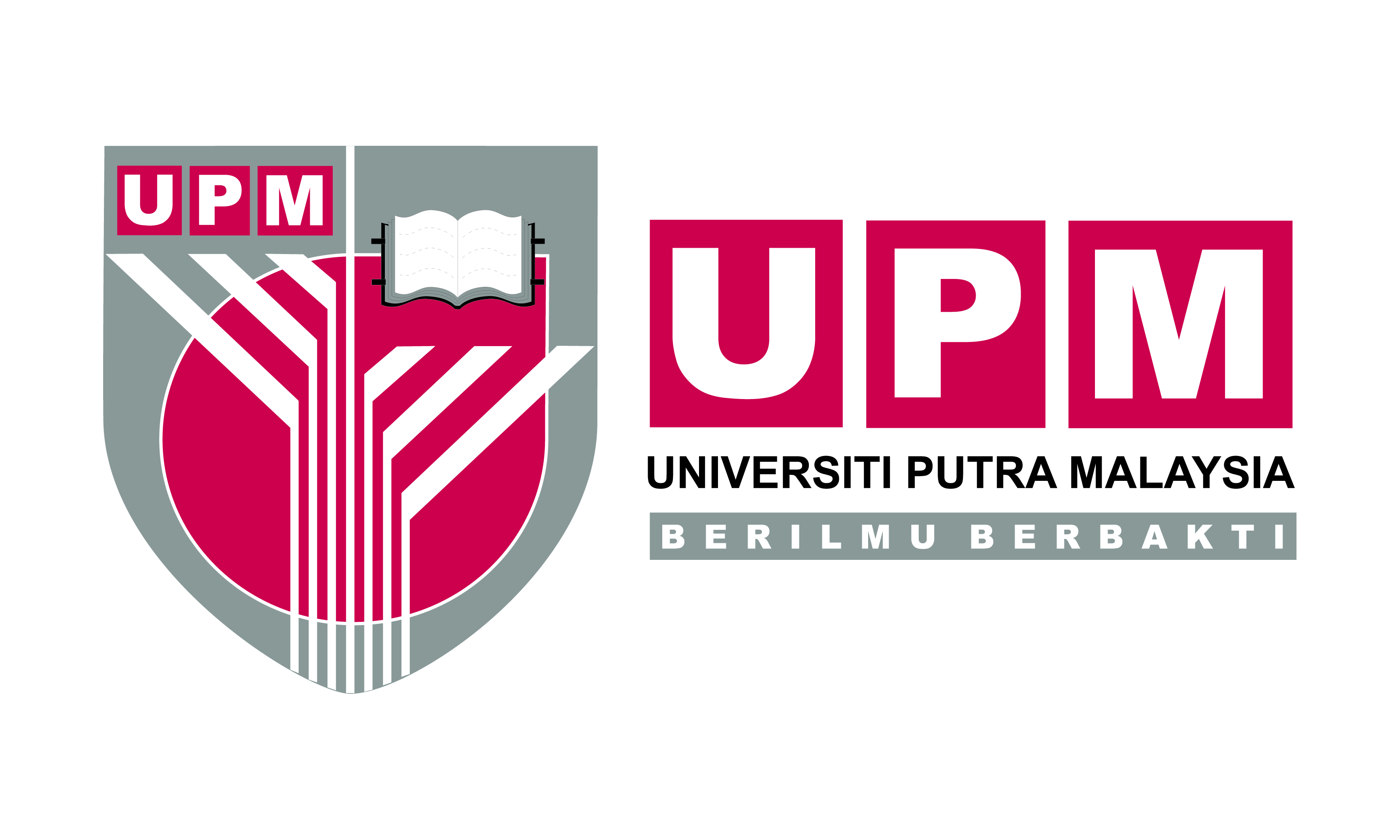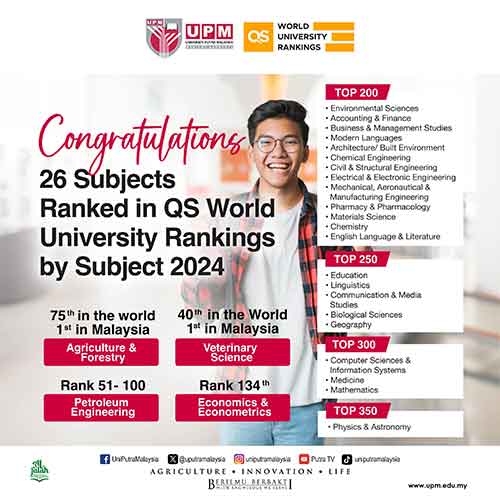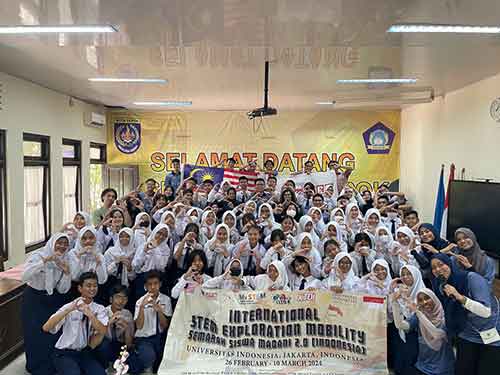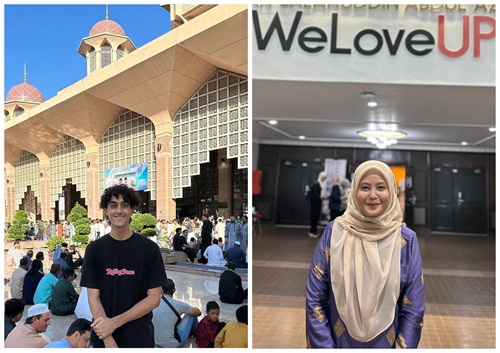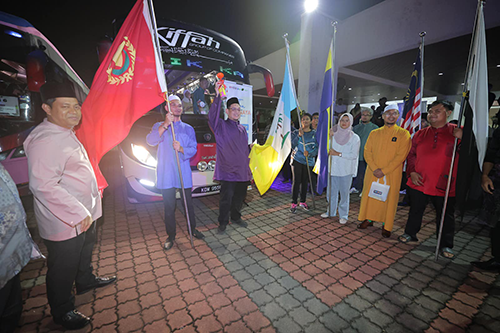By Prof Dato’ Ir. Dr Mohd Saleh Jaafar
Deputy Vice Chancellor (Research and Innovation), UPM
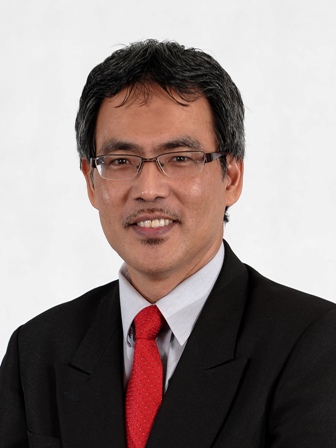
SERDANG, 22 Oct (UPM) – It has been more than a week since Dato’ Ir. Dr Radin Umar Radin Sohadi succumbed to cancer at the age of 53 and the newspapers still carried stories about him and his life-long work.
In fact, no vice chancellors in the country had received such extensive coverage upon their demise as Dato’ Ir. Dr Radin Umar, the former Vice Chancellor of Universiti Putra Malaysia who had resigned from his office on 31st December 2012, one year earlier than his three-year term because of his ill health.
But I can understand all this because I had worked with him for a good part of our working lives, myself starting as a tutor and he, a lecturer in the newly established Department of Civil Engineering of the Faculty of Engineering of UPM in 1985.
My room was next to his and although he was a few years my senior, we practically grew up together. When he became the Dean of the Faculty, I became the head of department, so you can imagine how close I know him.
The one thing I admire about him is his ability to stay focused on his work, and how he could see and explain things so crystal clear to those around him.
This was his forte, his ability to impress people and organizations to help him with his work on road safety and traffic woes which were his passion since his early days.
He had in fact applied to join Universiti Malaya but joined UPM instead, this was to our advantage.
Educated at Sekolah Aminuddin Baki Chemor for his secondary education, he joined the Royal Military College before going to the United Kingdom to obtain his Bachelor and Master in Engineering at the University of Sheffield in 1984 and 1985, respectively.
He went on to read his PhD in Engineering at the University of Birmingham in 1996, specializing in Accident Diagnostic System.
People know him for introducing the exclusive motorcycle lanes in the country to reduce motorcycle accidents and fatalities, the designation of “black spots” or accident-prone stretches of roads and highways, the Malaysian Institute of Road Safety Research (Miros) in 2007 and the introduction of road safety education in the curricula of primary and secondary schools.
But not many people know about how the young engineer Radin Umar was able to convince the decision-makers of the Public Works Department or the army of policemen of Bukit Aman to listen and follow him, and to implement his ideas on road safety and accident prevention.
He had always made his decisions and ideas based on facts and figures, never on emotion or perceptions. For this reason, he would be collecting data most of the time which would become the statistics, facts and figures he would use to back his ideas and proposals. This was his strength to convince and inspire those around him.
For example, he was able to get the police to use a certain format of questionnaires when taking reports on road accidents, thus giving him the data to understand and formulate solutions to road safety problems.
This was to be known as the Microcomputer Accident Analysis System (MAAP) which he was to re-design later, to become a national accident recording system or POL27 (Pin1/91) which has been used by the police since 1991.
Statistically speaking, the additional motorcycle lane which was the first in the world, has been found to be effective in reducing motorcycle fatalities by 83% with a benefit-cost ratio of 5:1.
Even his idea of requiring motorcycles to switch on their headlights during daytime to make them more conspicuous on the road is known to prevent not less than 800 motorcycle crashes a year.
He had also trained more than 300 engineers, planners and policy-makers via the Road Engineering Association Malaysia (REAM).
When he was appointed as the Vice Chancellor of UPM, it was like the proverbial “sireh pulang ke gagang” or a sort of homecoming for him. He had during his tenure as Dean of the Engineering Faculty, gotten Phase 1 of the Engineering Complex built.
On his return as VC, he got the Government to approve and to start building the RM600 million UPM hospital, the long-awaited teaching hospital of the university.
He had also resolved many outstanding issues during his short tenure as VC. Among them was the transformation of the UPM Graduate School of Management to become the Putra Business School which is the only graduate business school in the country to secure the accreditation of the Association to Advance Collegiate Schools of Business (AACSB) in July 2012.
It was through his skill to negotiate and to impress for a win-win outcome that he got the Malaysian Technology Development Centre (MTDC) to sign on the dotted line with regard to the terms and conditions of the tenancy agreement for the three phases of the MTDC’s Technology Centre on UPM grounds.
MTDC had built these incubation centers in 1997 based on the “gentlemen agreement” since it was to support and to realize the nation’s quest for development based on innovation and research.
That official agreement with MTDC not only saved UPM millions of dollars in rents but also to put in place the university’s graduate entrepreneurship programme with 10 start-up companies.
The overlapping land issue of UPM and neighbor Mardi that had dragged on since 1972 was finally resolved during his tenure as VC and the final agreement for the land swap was finally sealed early this year.
He also resolved the issue of food catering by the ending amicably the contract of Desasiswa Catering Services Sdn Bhd, in order for UPM Holdings to take over for the efficient provision of clean and healthy food to the staff and students at reasonable prices.
Knowing that there are many successful alumni and people ready to donate to “pay back” to society, he created the “Wakaf Ilmu” or an endowment fund where the money collected would be used to help needy students or to build any amenities urgently needed by the university. He felt strongly that we need not wait for the Government alone for the funds.
We hope that the Putra Business School, the UPM Hospital and the Wakaf Ilmu will flourish after him, for he had pushed so hard and so passionately for them in his last public office.
Dato’ Ir. Dr Radin Umar was clearly a leader who inspired and led through his vision, ideas and skills.
While we mourn him, we will cherish memories of him as our friend and colleague, mentor and leader, a trail-blazer we hope to emulate for the better.
May he continues to get the rewards from the Almighty through all the legacies he left us with.
(signed)
Saleh Jaafar
Deputy Vice Chancellor (Research and Innovation)
Universiti Putra Malaysia
